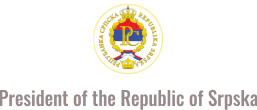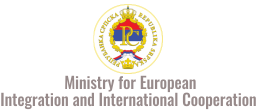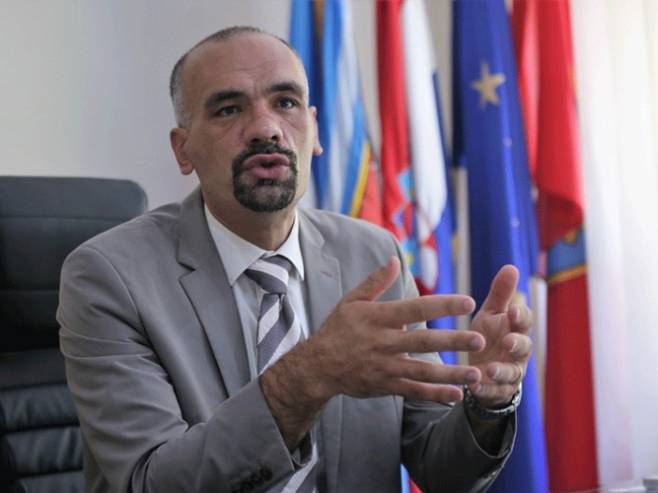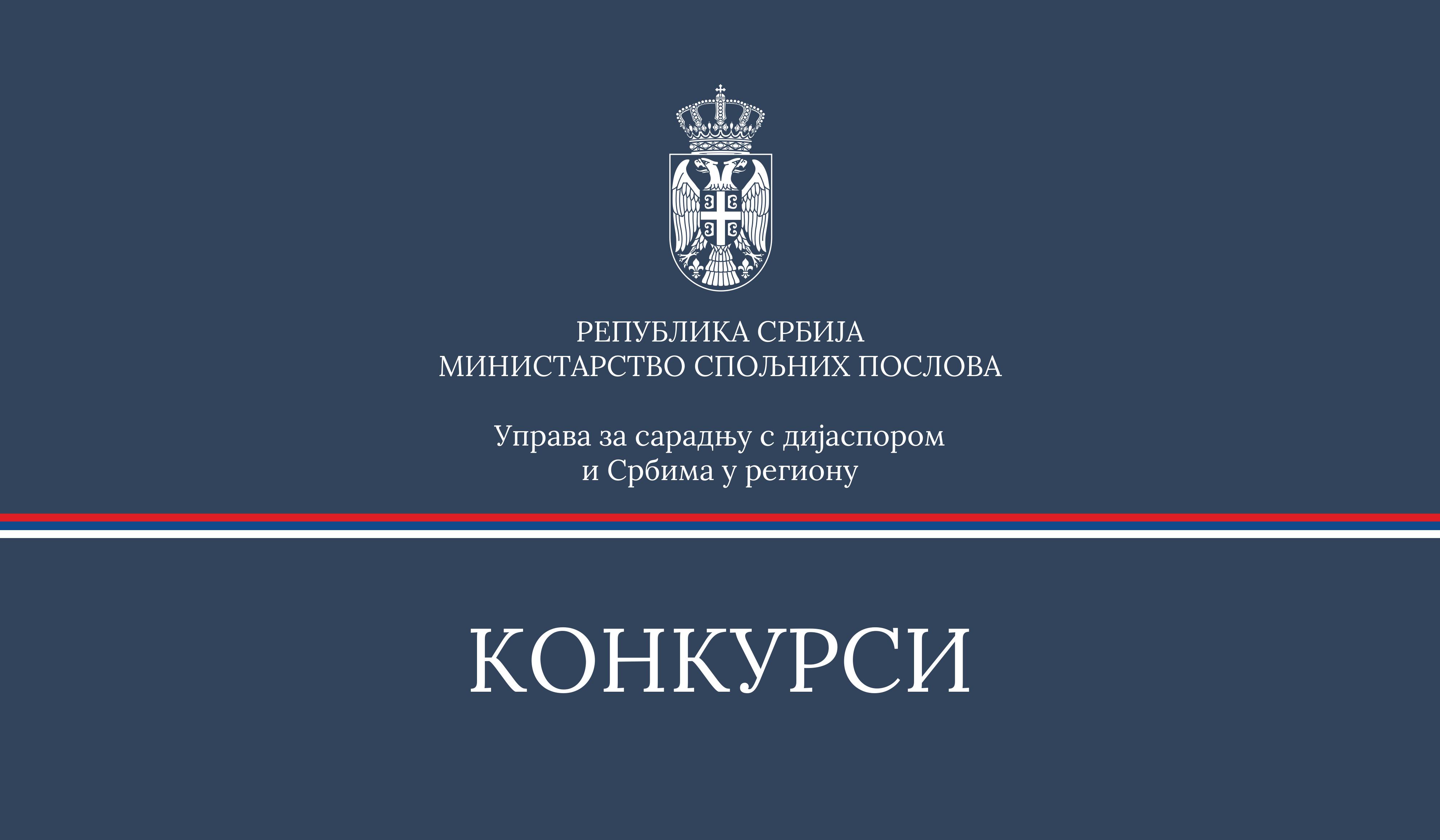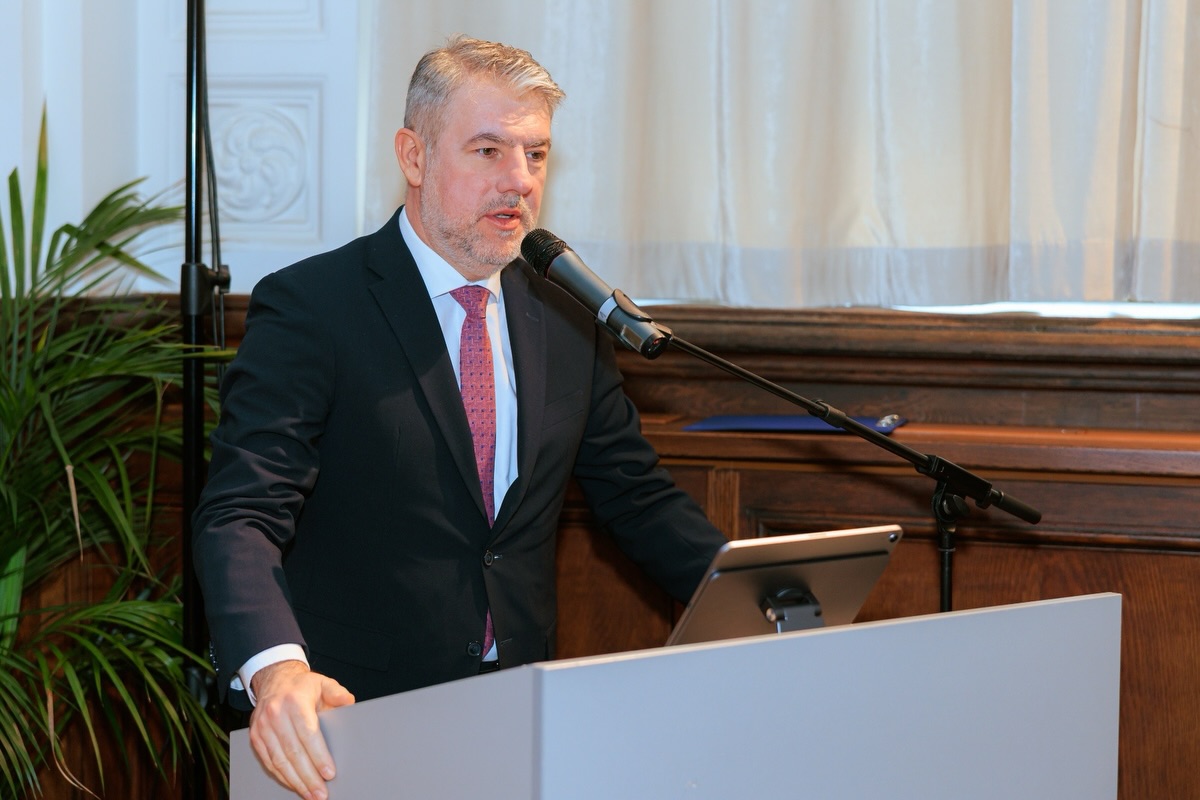The mayor of Knin, Marko Jelić, said that he would continue inviting the exiled Serbs to return to Knin, because this was their city.
He added that he had grown up and spent time in his childhood with many exiled Serbs, who were now already middle-aged people.
Jelić underlines his excellent cooperation, as he says, with the Serbian Orthodox Church and the church municipality in Knin, and the Church Municipality also points out that the mayor is a ‘great man’.
According to Jelić, the real problem for Serbs in Knin is their age structure.
- Today, the Serbs population in Knin is mostly elderly. The average age of Serbs in Croatia is 68, which means that they have long been retired. The others, those younger, are engaged in all those activities as the rest of the population, i.e. agriculture, work in factories, police, teaching. Basically, their engagement in life depends on the educational status and interests - says Jelić for Tanjug.
Answering the question on what they are doing as a local self-government to make life easier for Serb returnees, he points out that this summer’s commemoration of the crimes in Grubori near Knin already showed the way to go, which, as he says, is developing and building infrastructure.
- Together with Croatian Government, we have built roads, lighting and missing infrastructure in accordance with our competencies. We will continue to do this to enable people to live. They need infrastructure warranted by living in the 21st century. Because, failing that, of course they will not return from, say, Belgrade or Novi Sad - Jelić notes.
According to him, the city is supporting cultural and social activities at the local level, regardless of their target audience’s religious or national affiliation.
- The most important thing for all the inhabitants of our area is to systematically invest in the economy. If people have a job, and that job brings them enough financial resources to allow decent living, then they will live in Knin - he states.
Jelić says he understands that some have built their lives elsewhere, but he also believes that many will one day decide to return to their native place.
- Running for this position, my vow was that, if I won, all people in the city of Knin would be equal - concluded Jelić.
In 1991, the city of Knin had 92 percent of Serbian population, while today they account for about 23 percent. Today, the population of Knin is about ten thousand.
Source: RTRS
